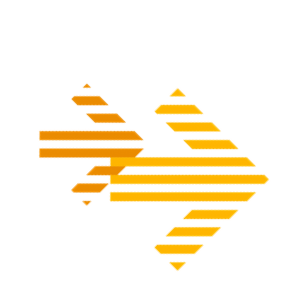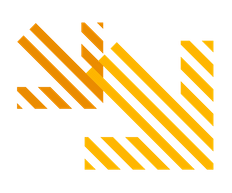{{item.title}}
{{item.text}}

{{item.title}}
{{item.text}}
Circular Economy is a promising solution to the environmental challenges we face today. In short, Circular Economy is an economic model that aims to reduce waste and increase resource efficiency by keeping materials and products in use for as long as possible.
This approach to the economy emphasizes the importance of designing products that can be reused, repaired, and recycled, rather than discarded after a single use.
The concept of Circular Economy has gained significant attention in recent years due to the growing concern about climate change, resource depletion, and waste generation. Key topics in Circular Economy include waste reduction, product design, recycling, and the development of new business models that promote sustainable practices.
Switzerland is at the forefront of Circular Economy initiatives, with a strong focus on sustainable production and consumption. The country has implemented various policies and programs to support the transition towards a Circular Economy, such as the Circular Economy Action Plan, which aims to reduce waste, improve resource efficiency, and promote sustainable consumption and production.
In conclusion, Circular Economy is a promising solution to the environmental challenges we face today, and Switzerland is leading the way in implementing this new economic model. By promoting sustainable practices and embracing a Circular Economy approach, we can create a more resilient and sustainable future for ourselves and future generations.
Before we go any further, let’s first define what we mean by a circular economy. The definition provided in the new report from PwC and WWF builds in the various circular economy strategies:
“Circular economy supports sustainable development by aiming to secure the resources to sustain our current and future generations. This is achieved by minimising resource inputs and waste, emission, and energy leakage of products over time, using four distinct strategies: narrowing, closing, slowing and regenerating resource loops.”
Whatever definition you choose, a circular economy is the alternative to the linear economic system that still predominates: raw materials are extracted, and products are manufactured and sold, consumed and disposed of − leading to shortages of raw materials, emissions, large volumes of waste and the associated environmental problems.
Naturally there are challenges for both businesses and the economy as a whole, but they’re likely to be offset by the potential benefits.
Challenge


Opportunity
Challenge


Opportunity
Challenge


Opportunity
Challenge


Opportunity
Challenge


Opportunity

Partner, Sustainable Capital and Sustainability & Strategic Regulatory Leader, PwC Switzerland
Tel: +41 58 792 45 23

Partner, Finance Transformation Platform Leader and Sustainability Platform Leader, PwC Switzerland
Tel: +41 58 792 25 37

Director, Sustainability & Strategic Regulatory, PwC Switzerland
Tel: +41 78 696 32 11

Senior Manager, Sustainability & Strategic Regulatory, PwC Switzerland
Tel: +41 58 792 11 89
